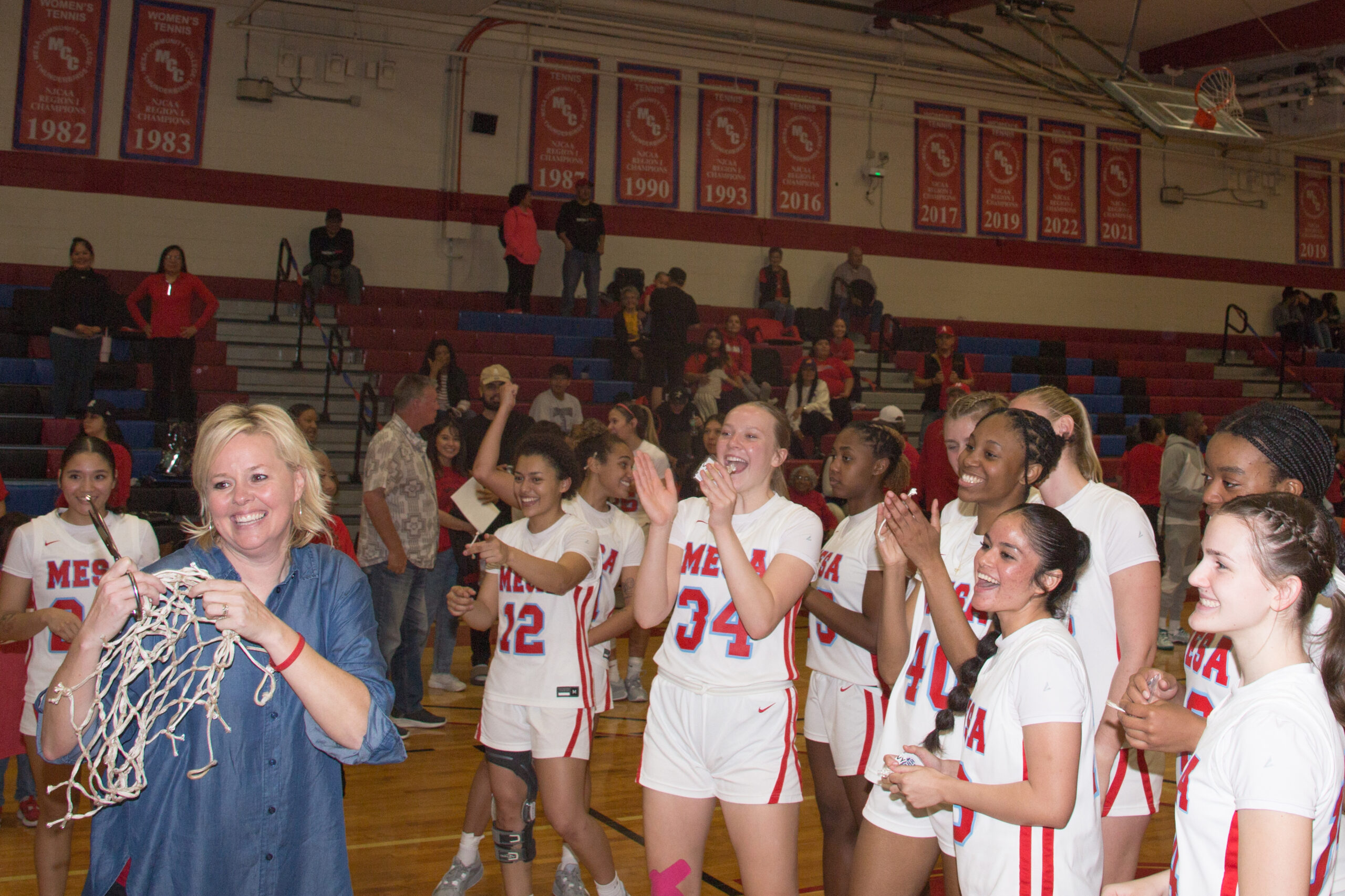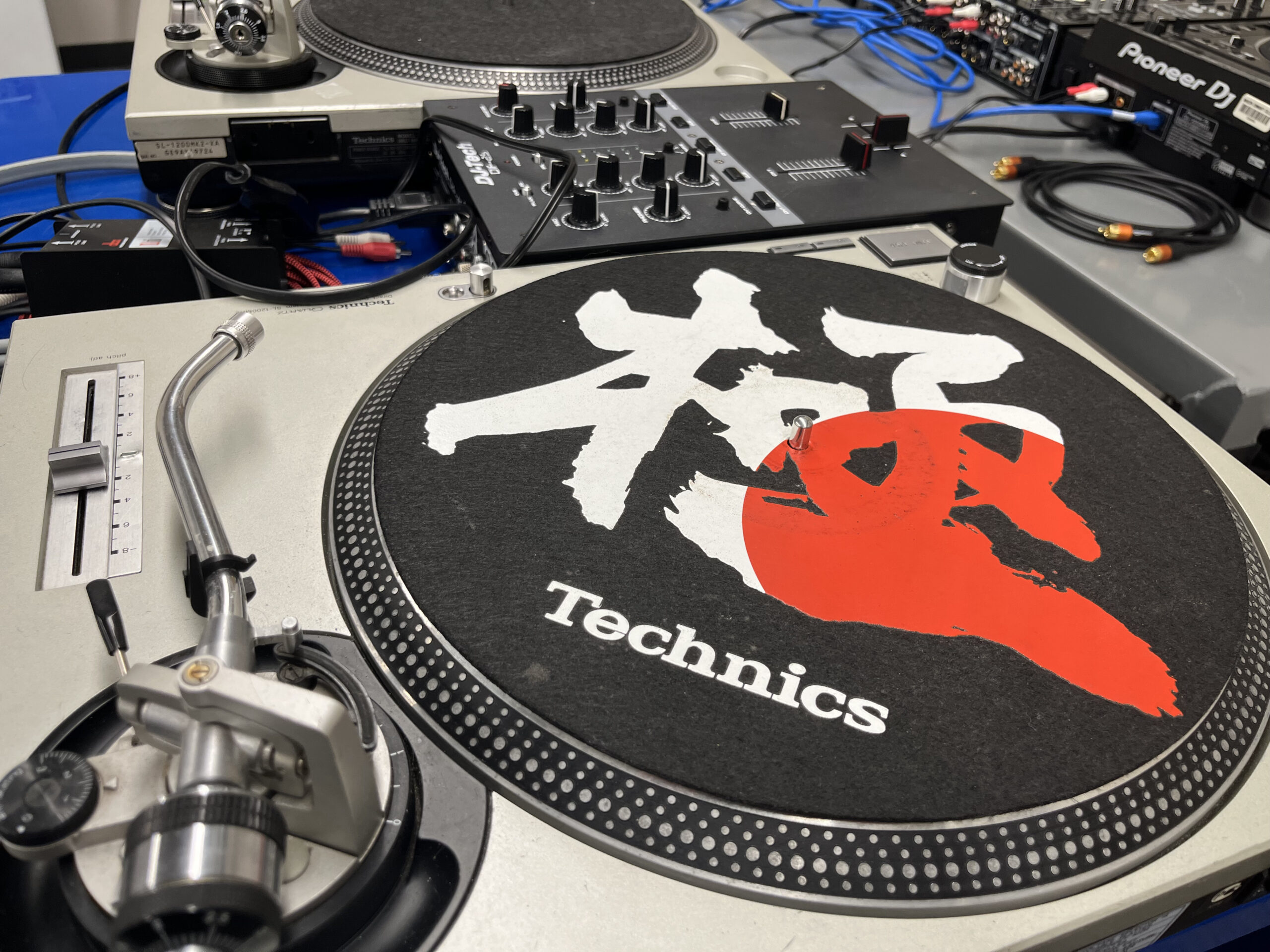A momentary break in what might be eternal doom
Rob Steiner
MesaCC Legend
 NCAA was all but seemingly doomed after a two-year Federal Bureau of Investigation (FBI) inquiry found rattling evidence against some of college basketball’s most successful programs. We know this, particularly in Arizona as the Pac-12 champion Wildcats were coachless just prior to going into the March Madness Tournament because of the report that center player DeAndre Ayton had potentially received $100,000 in cash for his family. It was all the sports journalism industry could talk about. Speculation whether the NCAA would survive the backlash, or even if basketball programs such as Arizona or Kentucky would be lessened by penalties.
NCAA was all but seemingly doomed after a two-year Federal Bureau of Investigation (FBI) inquiry found rattling evidence against some of college basketball’s most successful programs. We know this, particularly in Arizona as the Pac-12 champion Wildcats were coachless just prior to going into the March Madness Tournament because of the report that center player DeAndre Ayton had potentially received $100,000 in cash for his family. It was all the sports journalism industry could talk about. Speculation whether the NCAA would survive the backlash, or even if basketball programs such as Arizona or Kentucky would be lessened by penalties.
Similar penalties in recruiting resulted in the former coaches like Bruce Pearl, formally at Tennessee, the coach being not only fired but suspended from coaching. The university involved in recruiting scandals, such as Louisville, has received a large fine and sometimes a loss in scholarships to offer athlete recruits. This is a big deal because these programs are the make-up of college basketball’s elite. They put more athletes in the NBA than any other programs and have always been perennial basketball championship contenders. Just a few short weeks later it seems like the only thing that could have distracted fans from the controversies and disappointments actually did happen – a Cinderella story came to the rescue. Fans love an upset in a championship tournament and this season, that’s what unfolded.
It has been captivating to see David beat Goliath. One may say that’s is a better description of what we’re watching. Not only because people relate to the little guy in life, after all, at times we all have felt like the underdog. But because the underdog comes from a Chicago north-side Catholic University, founded by Jesuits. Loyola University Chicago, has considerably over-achieved game after game, capturing one big upset after another. Also, No. 16 ranked team (UMBC) beat a No. 1 (Virginia) for the first time ever. Perhaps what we’re enthralled with is the sweetheart of the Loyola team, 98-year-old Sister Jean. She serves as the team’s biggest supporter. Sister Jean has become a great Loyola fan for the media to interview. She’s witty and funny, and we can’t get enough of her comments each time we watch a game. She helps to make us feel good about the sport and the players.
As we near towards the end of the tournament with the Final Four set to go this weekend. The dust will settle on the entertainment of March Madness and we will have to get back to this ugly truth of sanctions against multiple large universities. It has been well known that college athletes have gotten paid under the table by various boosters and people outside the program looking to invest in a star athlete’s future. A hundred-dollar handshake has been quoted by various athletes as a way to secretly pay athletes. Fortunately, nobody really cared if these athletes were getting paid because it is well known that these universities generate big bucks off these athletes and the program.
Unfortunately, when there is a large amount of evidence against a player. It then starts to look bad on the university and the NCAA. So third-party investigations are hired to crack down hard on the players and the school. This time around, it’s the FBI conducting the investigations. Ten illegal investors paying athletes to get interest pay-backs after they turn pro were arrested in September and it seems they have provided enough evidence that there will be big changes coming to college basketball universe. Changes so big it may change college basketball forever.
The worst part about all of this is how sports fans and especially college basketball die-hard fans will be the ones that lose out in all of this. We just want to root for our favorite teams and share special moments with our loved ones while enjoying a game.
I think we all are ready to just move on as fans get back to fair competition in sports. Players deserve a stipend by the university they play for. It could be tiered much like a salary that increases each year they choose to play, for a maximum of five years with a redshirt. This would help athletes with living expenses while going to school and playing– and in some cases help their families. Even more, it would prevent an 18-year-old from taking large sums of money.









